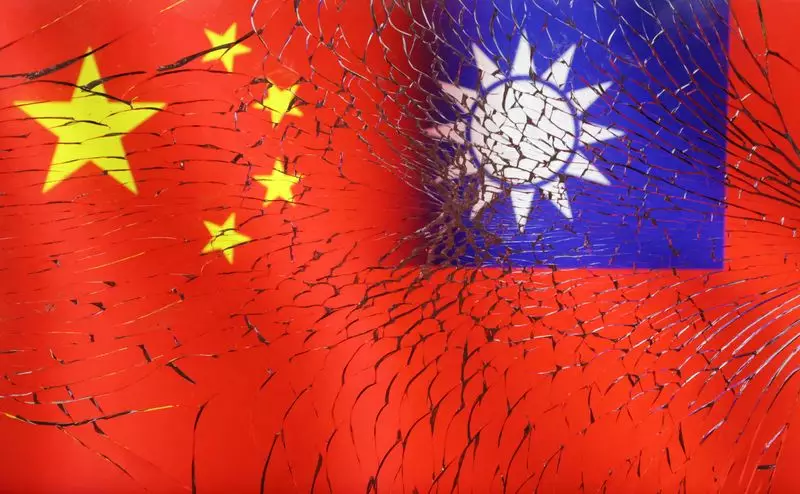The recent approval of a $2 billion arms sale package from the United States to Taiwan has intensified an already fraught geopolitical dynamic in East Asia. This package, which includes advanced air defense systems that have been tested in conflicts such as the one in Ukraine, signifies a shift in the U.S. approach towards Taiwan, emphasizing the commitment to support democratic governance against the backdrop of Chinese assertiveness in the region. The fact that this arms sale marks a first-time delivery of such sophisticated weaponry underscores the gravity with which the U.S. views its obligations to Taiwan, even without formal diplomatic recognition.
In response, China’s foreign ministry issued a strong condemnation, asserting that the arms sales violate an established norm of non-interference in others’ internal affairs and jeopardize regional stability. Beijing’s insistence on defending its sovereignty claims over Taiwan showcases a long-standing tension that continues to fuel military drills and an escalated presence of Chinese forces in the Taiwan Strait. The official statement highlighted China’s intent to implement “resolute countermeasures,” a vague promise that leaves much to interpretation but signals that Beijing is unwilling to accept U.S. actions that it perceives as threatening. The absence of specific details regarding the countermeasures adds an unsettling layer, as it raises concerns about potential military or economic responses.
For years, the U.S. has maintained a strained yet persistent relationship with Taiwan, grounded in the Taiwan Relations Act, which obliges Washington to provide the island with the means to defend itself. This commitment often finds its expression in arms sales, which have become a flashpoint for U.S.-China relations. The Biden administration’s approval of this 17th arms sale to Taiwan since taking office illustrates a strategic emphasis on bolstering Taiwan’s defense capabilities amid increasing Chinese military activity. It reflects an overarching U.S. strategy to counterbalance China’s growing influence in the region and support the democratic government’s resolve to maintain autonomy.
With both Taiwan and China firmly entrenched in their positions, the implications of this arms deal extend beyond bilateral relations; they contribute to an increasingly complex security landscape in East Asia. Taiwan’s government has welcomed the arms package, viewing it as essential to its self-defense strategy and a clear message to Beijing about its intent to resist pressure for unification. The situation is further complicated by the fact that these developments occur in a backdrop of heightened military exercises and rhetoric from both parties, which could lead to inadvertent escalation.
As tensions mount, the international community watches closely. The interplay of U.S. support for Taiwan and China’s unwavering stance on sovereignty issues presents a multifaceted challenge. The potential for conflict remains as both sides continue to bolster their respective military capabilities. Moving forward, diplomatic channels will be crucial in tempering the situation and preventing miscalculations that could spiral into a wider confrontation in one of the world’s most strategically vital areas.

